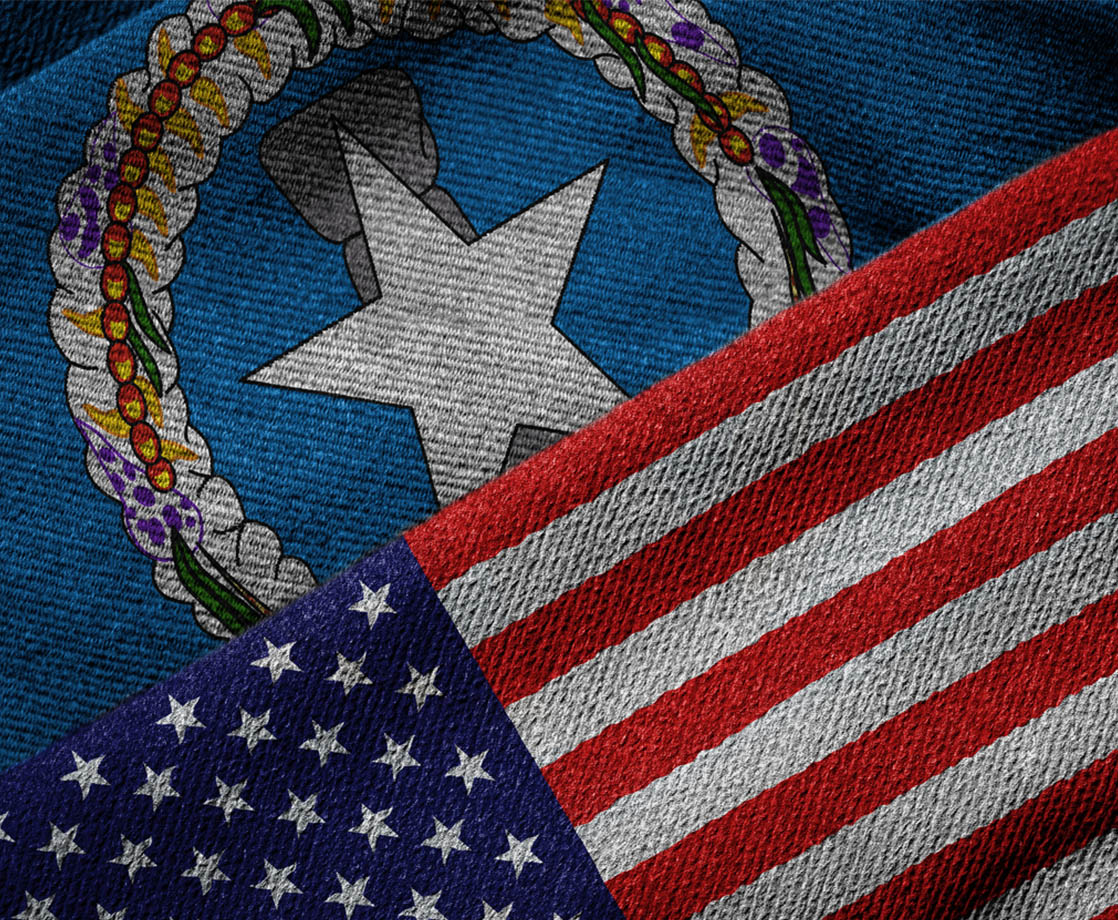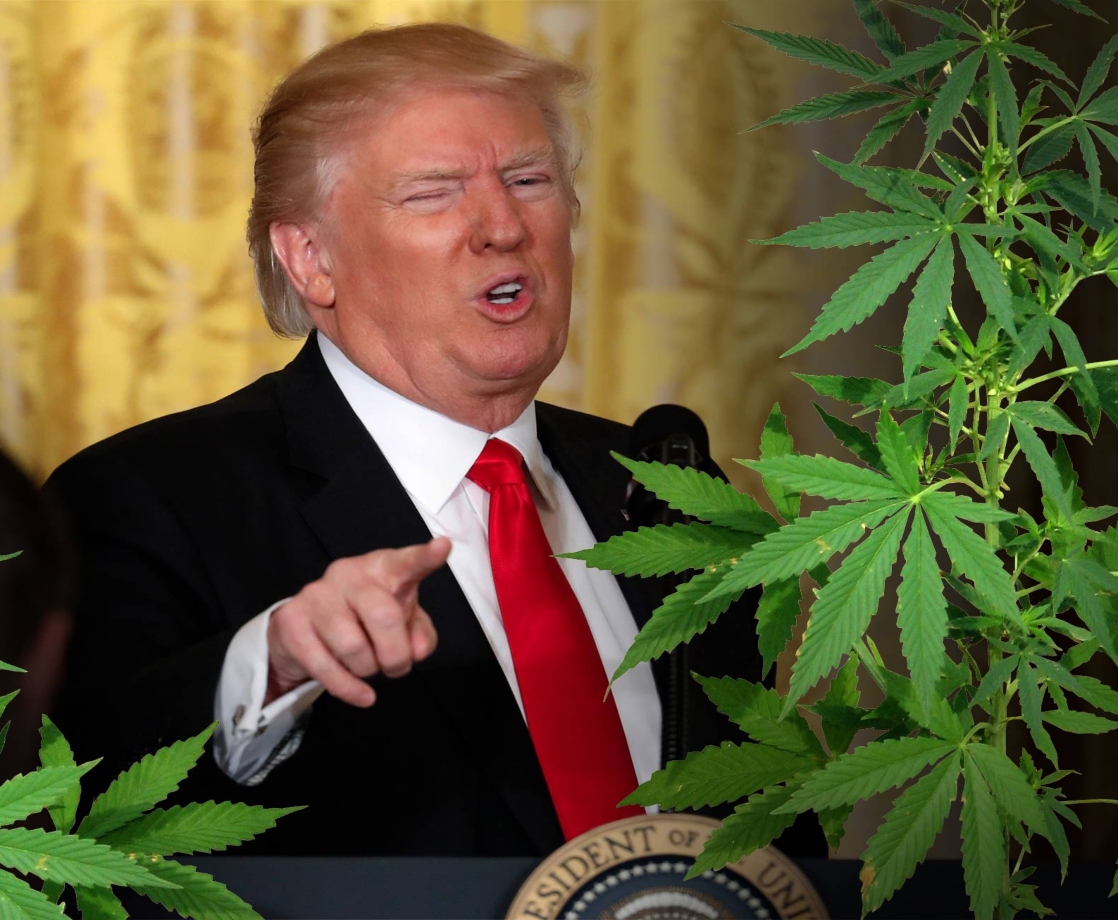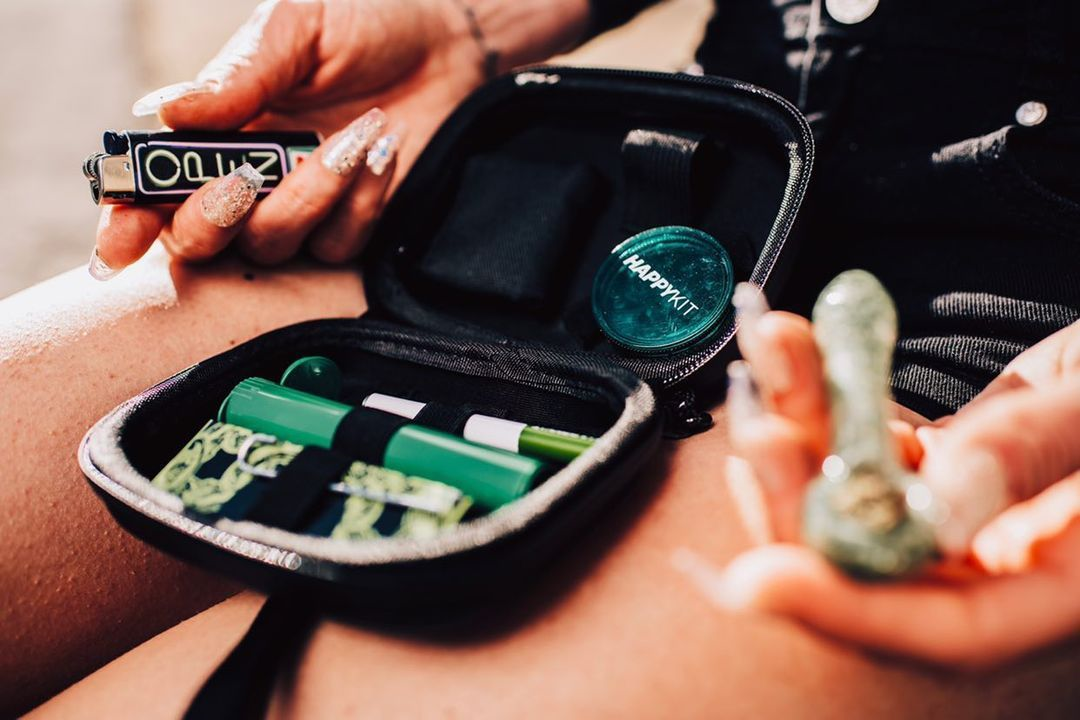In a series of historic firsts, the Commonwealth of the Northern Mariana Islands (CNMI) — a small chain of Pacific Islands with around 50,000 residents — officially legalized the sale and use of recreational cannabis. The CNMI will now go down in history as not only the first U.S. territory to legalize weed, but also the first U.S. jurisdiction to create a licensed adult-use market via an act of law. Before this week, every adult-use pot market in the U.S. was legalized via a public vote on a ballot measure. Vermont, however, legalized recreational cannabis use through legislative action, but sales of the drug remain illegal in the state.
CNMI lawmakers have proposed cannabis legalization bills almost every year since 2010, and support has gradually grown until this year, when legislators passed the bill with a strong majority vote. This week, Gov. Ralph Deleon Guerrero Torres, who had previously expressed concerns over legal weed, signed the bill into law. Any adult over age 21 will be allowed to possess up to one ounce of weed, up to five grams of cannabis extracts, and 16 ounces of solid or 72 ounces of liquid cannabis-infused products. The territory is currently working on establishing a licensed and regulated market for retail sales, but adults will be able to grow their own plants if they sign on to a state registry.
Cannabis use is not yet legal in the CNMI, as the law requires the government to set up a regulatory body before sales and use go live. “We have 30 days to set up our Cannabis Commission by appointing members from Saipan, Tinian, Rota, and the Northern Islands, and our local legislative delegations would need to confirm them within 30 days,” Torres said in a statement, the Saipan Tribune reports. “Then, our commission have 180 days to create the regulations and promulgate them. The regulations take into effect 10 days after adoption and publication.”
Torres also said that he still had a number of public safety concerns related to legal weed, which he expects the territory’s legislature to address. “We will ensure that this industry will be properly regulated and enforced. We want to do this the right way, and I also expect the Legislature to send me a companion bill that outlines my recommendations to strengthen this bill for our community’s public safety and public health.” The governor urged lawmakers to draft this new bill to address these concerns, so that “the Attorney General [can] make this bill stronger and some of the fees and penalties stiffer, as well as tax purposes.”
“I am proud of our CNMI leadership, citizens, and national organizations for working together to thoughtfully develop and approve a progressive piece of legislation that that will improve the quality of life for so many,” Lawrence J. Duponcheel, co-founder of Sensible CNMI, an advocacy group supporting the legalization bill, said to Forbes. “Together, we are telling the world that we do not feel that our citizens should be stigmatized and criminalized for the responsible adult use of cannabis and that they should no longer be denied access to this life-saving medicine.”











